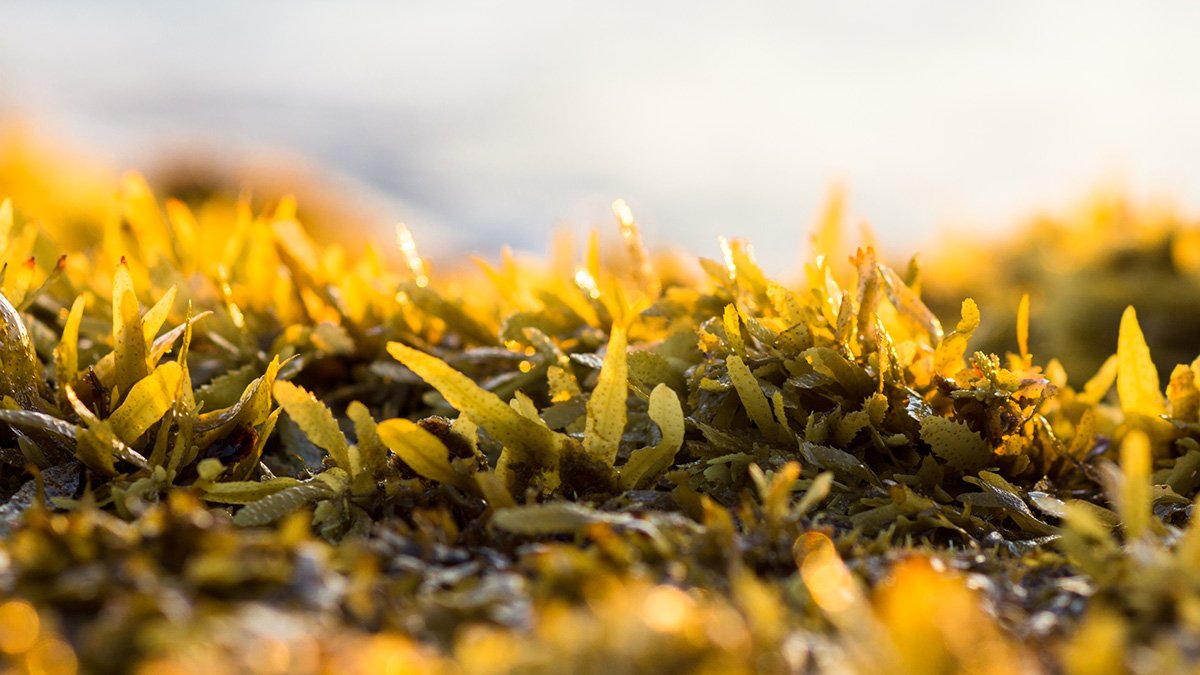
Learn more about Bioplaster sustainable Solutions
-
The use of oil as a raw material has led to two major environmental crises: plastic pollution and climate change. This has lead us to develop alternatives focused on greater sustainability in the medium and long term.
The sargassum invasion problem in the Caribbean has become a serious environmental, economic, and public health issue over the past decade. Sargassum is a type of brown seaweed that naturally floats in the ocean. However, due to climate change, pollution, and changes in ocean currents, massive blooms of sargassum have been washing up on Caribbean shores in unprecedented amounts causing a negative impact on the marine ecosystems.
-
BioPlaster Research develops advanced materials and bioplastics derived from sargassum, an invasive algae affecting the Caribbean coasts. By utilizing this abundant biomass, the company aims to create sustainable alternatives to traditional petroleum-based plastics, thereby addressing both plastic pollution and the environmental challenges posed by sargassum accumulation.
-
Investment, mentorship and partnership to open new markets specially in Europe, North America and Latinamerica.
Bioplaster’s algae-based biomaterials line up
We process marine algae and produce regenerative and environmentally friendly raw materials that have the physical and processing properties that current and future industries need for cost-competitive, impermeable and safe thermoplastic products.
Green Shell Film
Green Shell Solid Foam
Solid foam (biodegradable polymeric blend) molded in different shapes, from rectangular plates to "peanuts" (cylinder / ellipsoid) made from liquid foams based on alginate hydrogels for the practical purpose of impact cushioning during transportation of goods. Each formulation of the foams or "peanuts" depends on the purpose of the foam and proportion of its components to present different mechanical properties: hardness cohesiveness and springiness.
Thermoplastic Pellets
The thermoplastic bioplastic formulations are produced from seaweed, a material with a low ecological footprint, and are designed under the principles of Circular Economy. This material is the first of its kind to effectively utilize seaweed in order to be used in thermal molding, extrusion and injection molding machinery without modifying the infrastructure used in the production of petroleum-based plastic objects. For greater efficiency in production, distribution and processing in factories, they are marketed in pellet form.
Hydrogel for Agriculture
We develop hydrogels to increase water and fertilizer use efficiency in agricultural and ornamental plant applications. The hydrogels are consolidated as a polymeric mixture in the form of spheres made mainly of superabsorbent materials in order to keep the soil moist for a longer period of time, reducing the amount of irrigation water needed. The objective is to control the water absorption and desorption cycles, which contributes to the controlled diffusion of the fertilizer in the outermost layer.
















